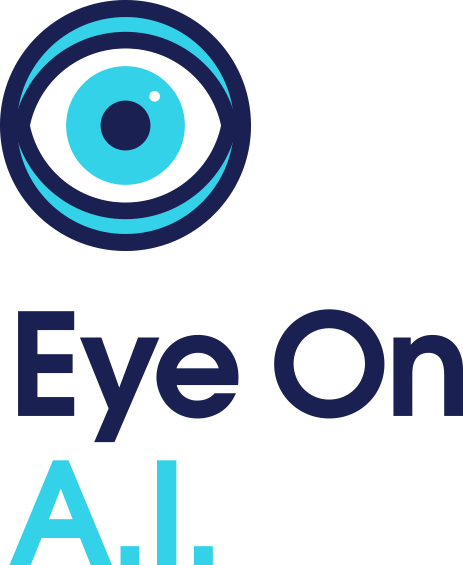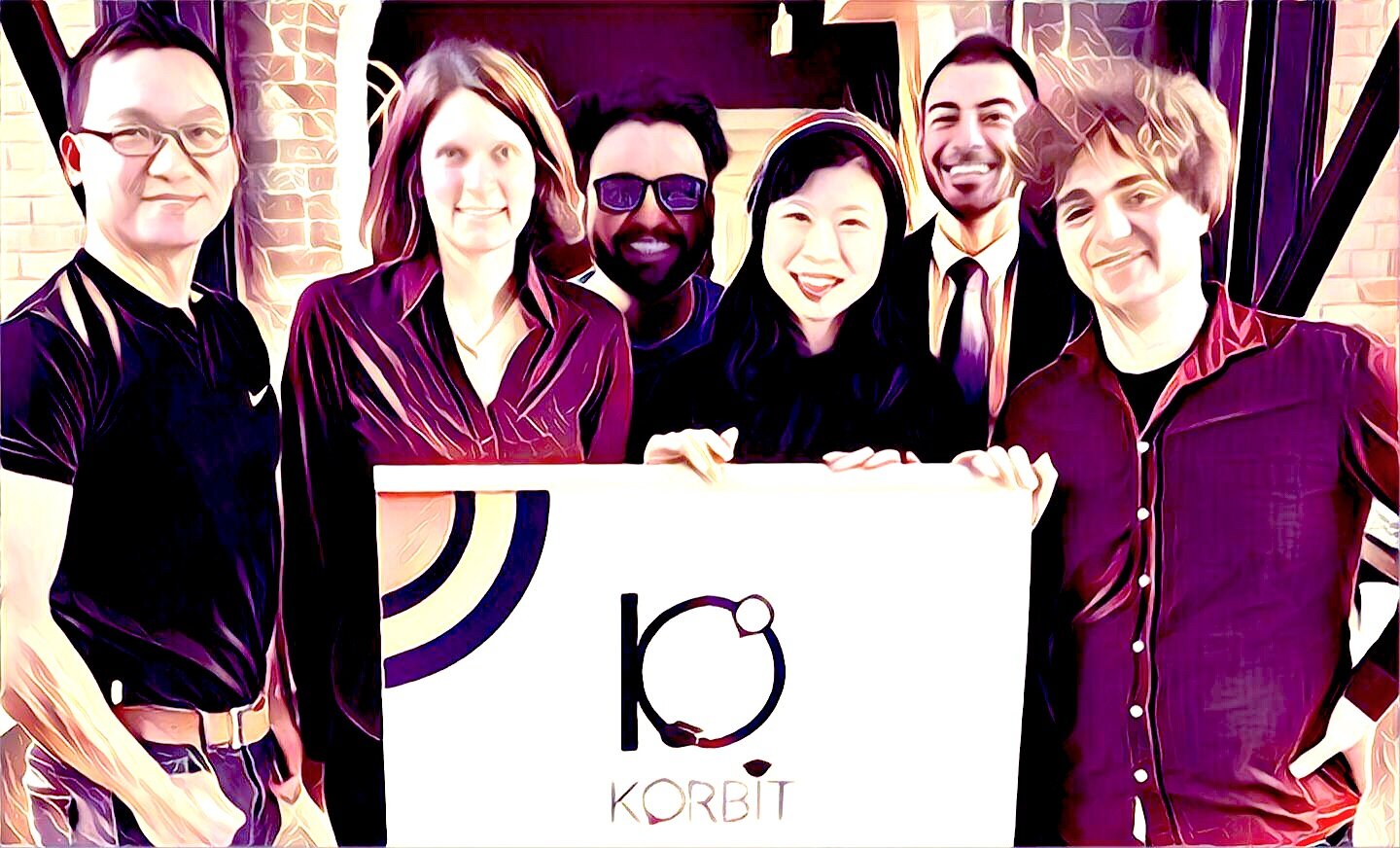Korbit to develop up to 10 courses in revenue push
Korbit to develop up to 10 courses in revenue push
TIM LEEMASTER
Korbit Technologies CEO, CTO Iulian Serban on the far right and CCO, COO Ansona Ching to his left
Korbit Technologies, the Montreal, Canada-based education firm using AI, plans to develop as many as 10 courses on a variety of topics in a push for revenue, co-founders Ansona Ching and Iulian Serban told Eye on A.I.
The company at the end of September said it had raised USD 2.1m in a seed round led by Khosla Ventures, the eponymous firm started by Sun Microsystems founder Vinod Khosla.
The company’s first product was a machine learning course. New education products will include medical care, climate change, insurance and customer analytics, the two said.
Korbit is targeting universities and the more lucrative corporate training market in a push to start generating revenue.
The company has seven full time staff working on data science, software development and machine learning, and that will increase to 17 over the year and a half, they said.
They say they have their work cut out for them as major technology companies like Google and Facebook have units in the area that typically snap up talent. “Hiring is tough,” Ching said. The larger shops have the money and interesting projects that AI specialists are looking for, Serban added.
One way around the problem is to find staff that are not keen on the punishing schedules and long hours the tech giants demand, they said.
The husband and wife team met in Anson’s hometown of Hong Kong. Ekaterina Kochmar, a Cambridge University lecturer, is a third co-founder.
The company developed out of Yoshua Bengio’s Mila Labs in Montreal. Eye on A.I. spoke with Yoshua and his brother Samy earlier this year. (Listen to our podcast here.)
The three Korbit founders kicked around a series of edtech startup ideas – music lessons for example – for about six months before settling on a personal assistant driven education model, an area of Iulian’s research. That would also play to Ekaterina’s strengths in natural language processing, they said.
Serban said Korbit is different from larger education technology companies, such as Coursera, because of its real-time AI driven response to users. Two tutors based in India can also step in for an added personalized touch.
That’s one key to retaining online students, where dropout rates are as high as 90%.
The company uses source material from actual teachers as well as scraping the internet from the wide variety of open education resources available online. That means the company spends a lot of time on analyzing the data for the best explained examples in any one teaching point and eliminating those that are less clear. A set of say 100 textbooks can take months to process while an automated analysis of a series of Wikipedia sites can take a few days, Serban says.
“The advantage of our field is there’s lots of data and it’s free,” according to Serban. “Filtering out bad data is definitely a challenge …[but] we don’t face adversarial attacks [of other industries] where people are trying to confuse us.”

